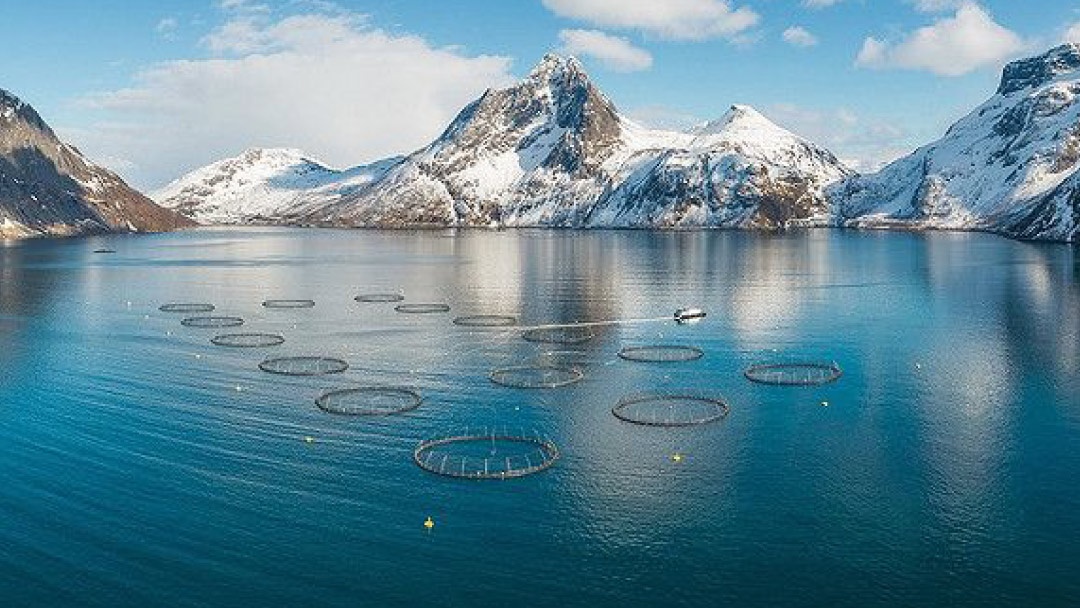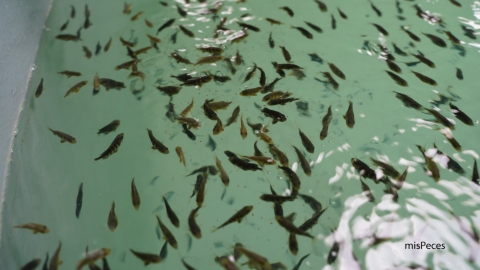
The Aquaculture Stewardship Council (ASC) has strongly opposed Norway’s proposed resource rent tax on farmed salmon and rainbow trout, raising concerns over the lack of transparency in the consultation process and the potential economic and environmental repercussions.
In a letter to Norway’s Ministry of Finance, ASC’s CEO, Chris Ninnes, expressed frustration over the organisation’s exclusion from consultations and the lack of official communication regarding the tax. Although the proposal directly impacts ASC-certified products, the organisation was not formally notified or invited to participate in discussions. ASC only learned of the proposal several days after the consultation period had closed.
ASC has criticised the exclusion of key stakeholders from the tax discussions. According to Ninnes, the organisation was not invited to consultation meetings held on 28 and 29 January, raising serious questions about the transparency and governance of the process.
In the absence of direct information, ASC relied on external legal analysis, including a report from the law firm Wiersholm, which revealed that the government’s plan imposes an additional tax of NOK 2.00 (USD 0.18) per kilogramme on ASC-certified salmon. ASC argues that this fails to account for market realities, as the price premium for certified salmon fluctuates based on supply and demand. The tax could therefore lead to arbitrary levies and administrative complications for producers.
Beyond its financial implications, ASC warns that the tax could undermine sustainability efforts within Norway’s aquaculture sector. Penalising certified farms with an extra tax would discourage responsible production, as many farmers may abandon certification to avoid the additional costs.
"Imposing a tax on certified salmon sends the wrong message to the market and effectively punishes businesses that choose to operate with high environmental and social standards," ASC stated in its response.
The organisation further warns that reducing financial incentives for certification would likely result in lower investment in research and development, affecting key initiatives related to animal welfare, resource management, and environmental sustainability. According to ASC, some farms are already reconsidering their certification status due to uncertainty over the new tax policy.
In addition to its concerns about industry sustainability, ASC’s letter also highlights the potential reputational risks for Norway’s aquaculture sector. In recent years, the industry has faced growing scrutiny across Europe, with activist campaigns targeting retailers over issues such as high fish mortality rates and sea lice infestations.
A tax policy that disincentivises sustainability certification could intensify this scrutiny, damaging Norway’s standing in key export markets and weakening the country’s competitive edge in global aquaculture.
In response to these concerns, ASC has formally requested a meeting with the Normative Pricing Council and key policymakers to gain access to official documents and thoroughly assess the implications of the proposed tax. The organisation has also demanded to be included in future discussions, ensuring that any tax reforms reflect market dynamics and the role of certification in enhancing industry standards.


